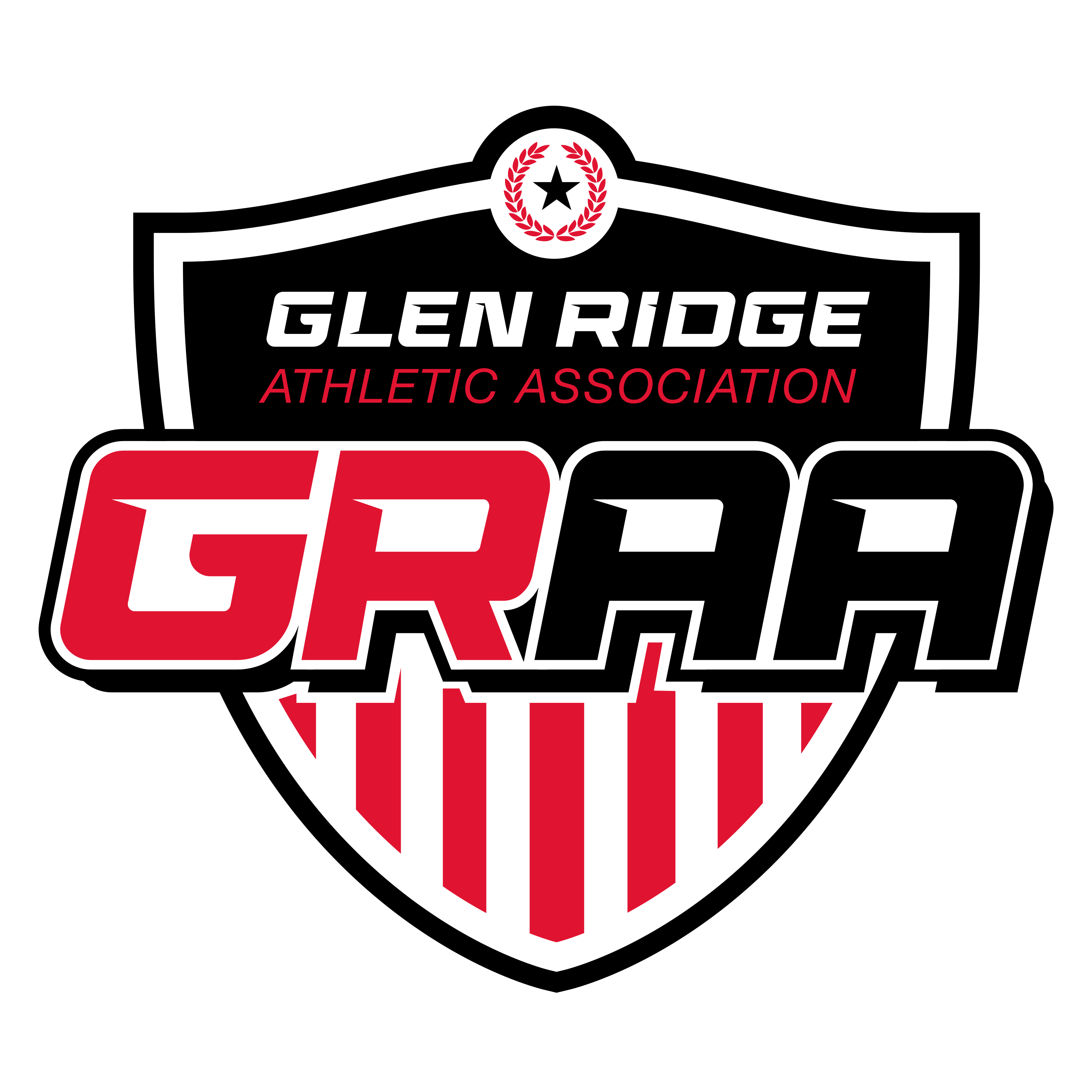
GRAA COACHES CODE OF CONDUCT
The Glen Ridge Athletic Association was formed to sponsor and encourage athletics in all forms, cultivate good sportsmanship, and educate its player members socially, morally and physically, for the welfare of the youth of the Borough of Glen Ridge. The function of a coach is to educate players through our Recreational or Competitive programs.
Each player should be treated with respect, and his or her welfare should be considered in decisions by the coach at all times. Accordingly, the following guidelines for coaches have been adopted by the GRAA Board of Directors.
- The coach shall be aware that he or she has a tremendous influence on the education of the player and, thus, shall never place the value of winning above the value of instilling the highest ideals of character.
- The coach shall uphold the honor and dignity of the profession. In all personal contact with players, officials, commissioners, Board members, school administrators, the media, and the public, the coach shall strive to set an example of the highest ethical and moral conduct.
- Including but not limited to:
- The coach shall respect and support contest officials. The coach shall not indulge in conduct which would incite players or spectators against the officials. Public criticism of officials or players is unethical.
- The coach shall not direct abusive or profane language at anyone connected with any program activity.
- The coach shall not engage in or encourage any unsportsmanlike conduct with other coaches, officials, parents or spectators. Aggressive behavior from any of these parties should not be handled directly with the aggressor during or right after the game and should be resolved through GRAA via a formal complaint after the 24 hour cooling period.
- The coach shall not give special consideration (playing time etc.) to players based on affiliation, friendship, or other.
- The coach should foster an inclusive team environment where every player feels valued, respected, and like they belong.
- The coach will not tolerate harassment, intimidation or bullying on the team and will report to the commissioner any instances.
- Harassment, Intimidation or Bullying” means any gesture, any written, verbal or physical act, or any electronic communication, whether it be a single or a series of incidents that is reasonably perceived as being motivated by either any actual or perceived characteristic, such as race, color, religion, ancestry, national origin, gender, sexual orientation, gender identity and expression, or a mental, physical or sensory disability, or by any other distinguishing characteristic, that takes place during a GRAA event.
- The coach shall take an active role in the prevention of drug, alcohol, tobacco and vaping abuse.
- The coach shall avoid the personal use of alcohol, tobacco and vaping products when in contact with players.
- The coach shall promote the Glen Ridge Athletic Associate programs and direct his or her team in harmony with the direction and guidelines given by the Commissioner for his or her sport, and the GRAA Board of Directors.
- The coach shall abide by the GRAA Value Statement, including its playing time guidelines, to ensure appropriate development opportunities for all athletes consistent with program goals.
- The coach shall master the contest rules and shall teach them to his or her team members. The coach shall not seek an advantage by circumvention of the spirit or letter of the rules.
- The coach shall exert his or her influence to enhance sportsmanship by spectators, both directly during games and practices, and by working closely with the Commissioner for his or her sport.
- The coach shall be trained in concussion protocols and shall not allow a player to compete if the coach has any concerns about the player’s physical or mental health.
- The coach should not voluntarily enter into a situation where he or she is alone with a player without the express permission of the player’s parents.
- Coaches are personally responsible for any fines they receive from the league. GRAA will not pay these fines. Any refusal to pay the fine within the time specified by the league may result in suspension or termination of coaching privileges.
Discipline
Failure to abide by the coaches code of conduct may result in disciplinary action which may include, but not limited to, required training, suspension from game(s), season(s), probation, public apology, removal from leadership positions. Severity of violations and necessary disciplinary actions will be determined on a case by case basis by the Sport Commissioner and/or the GRAA Board
Updated 12/2025
